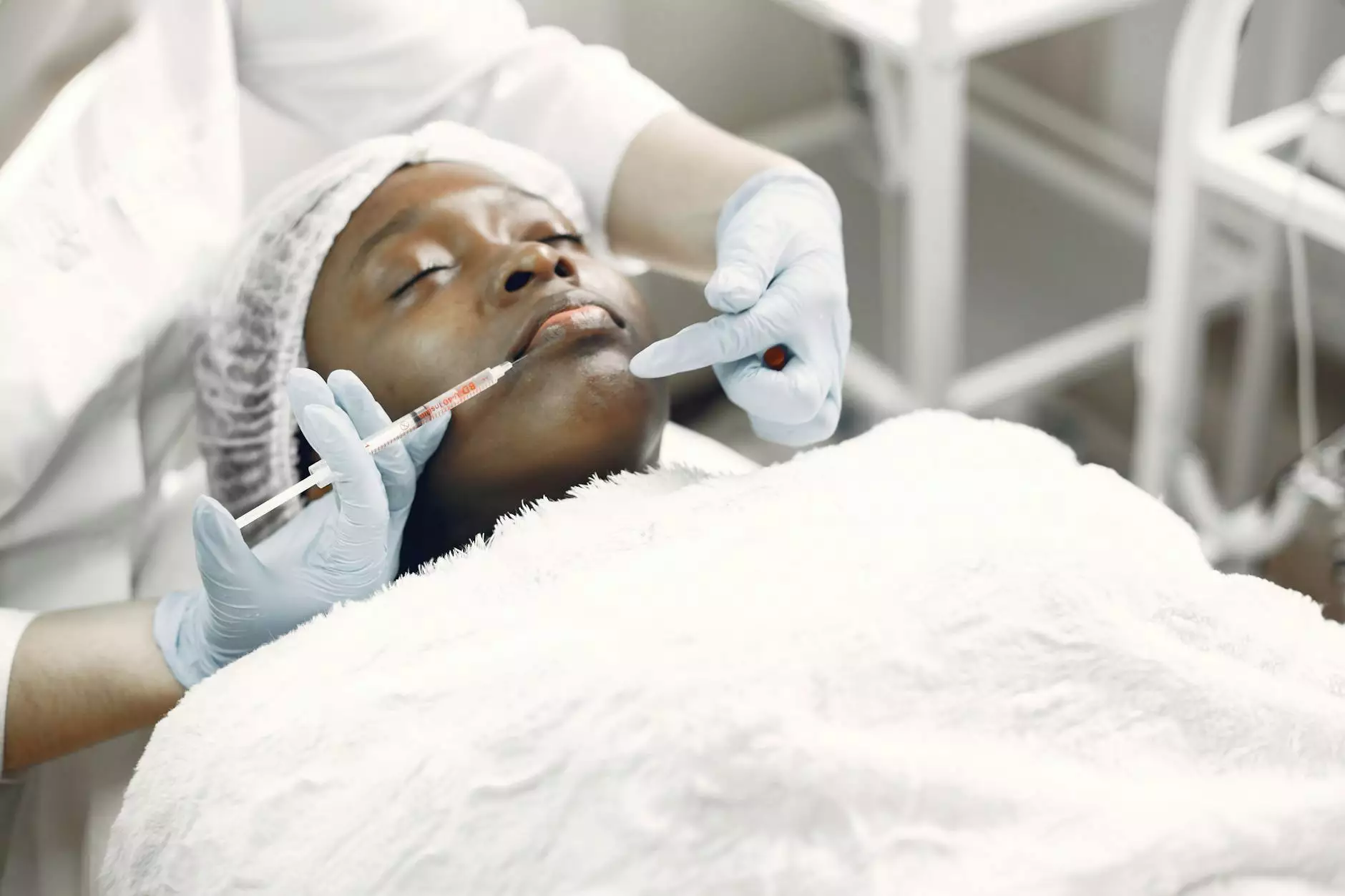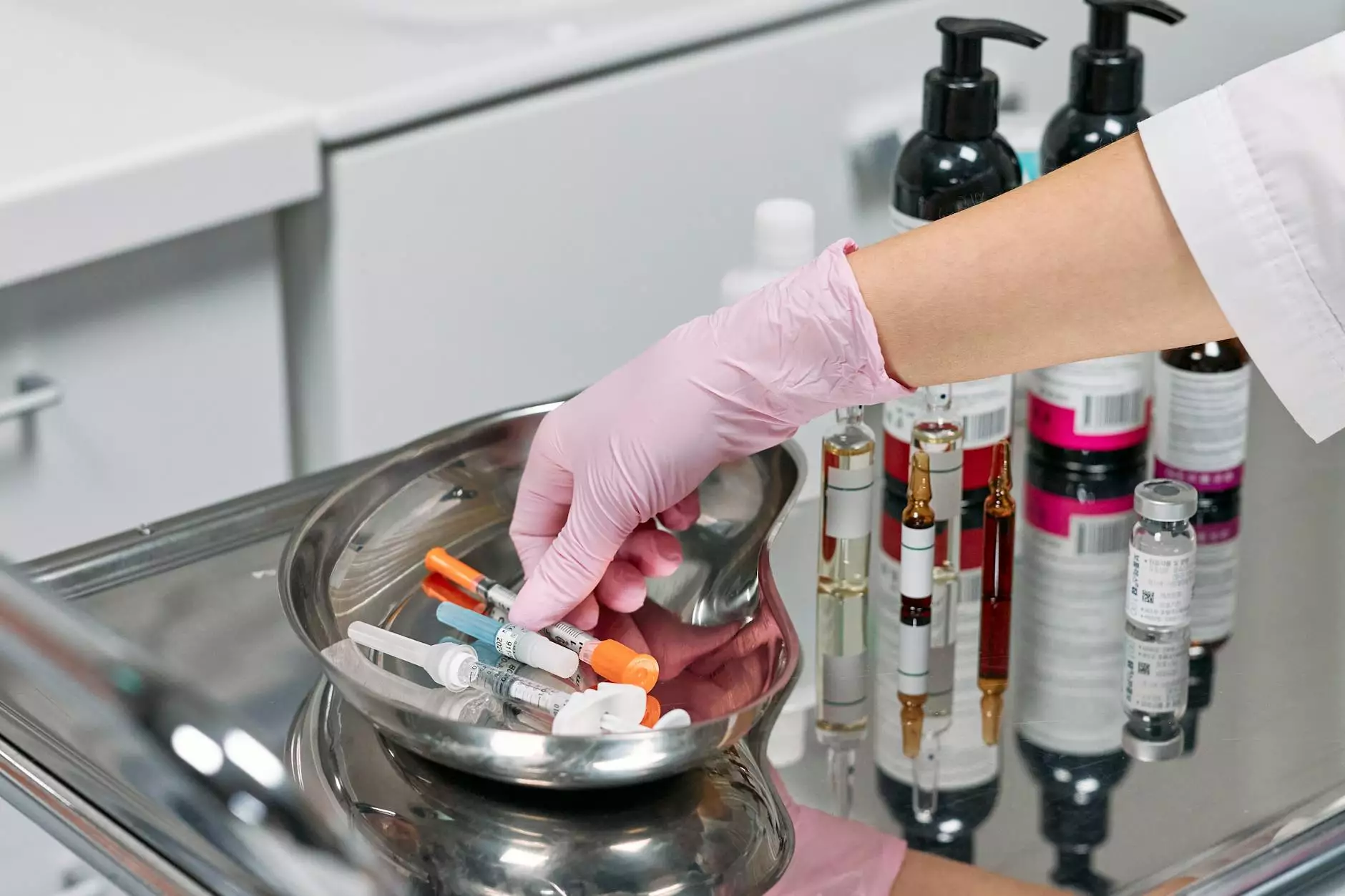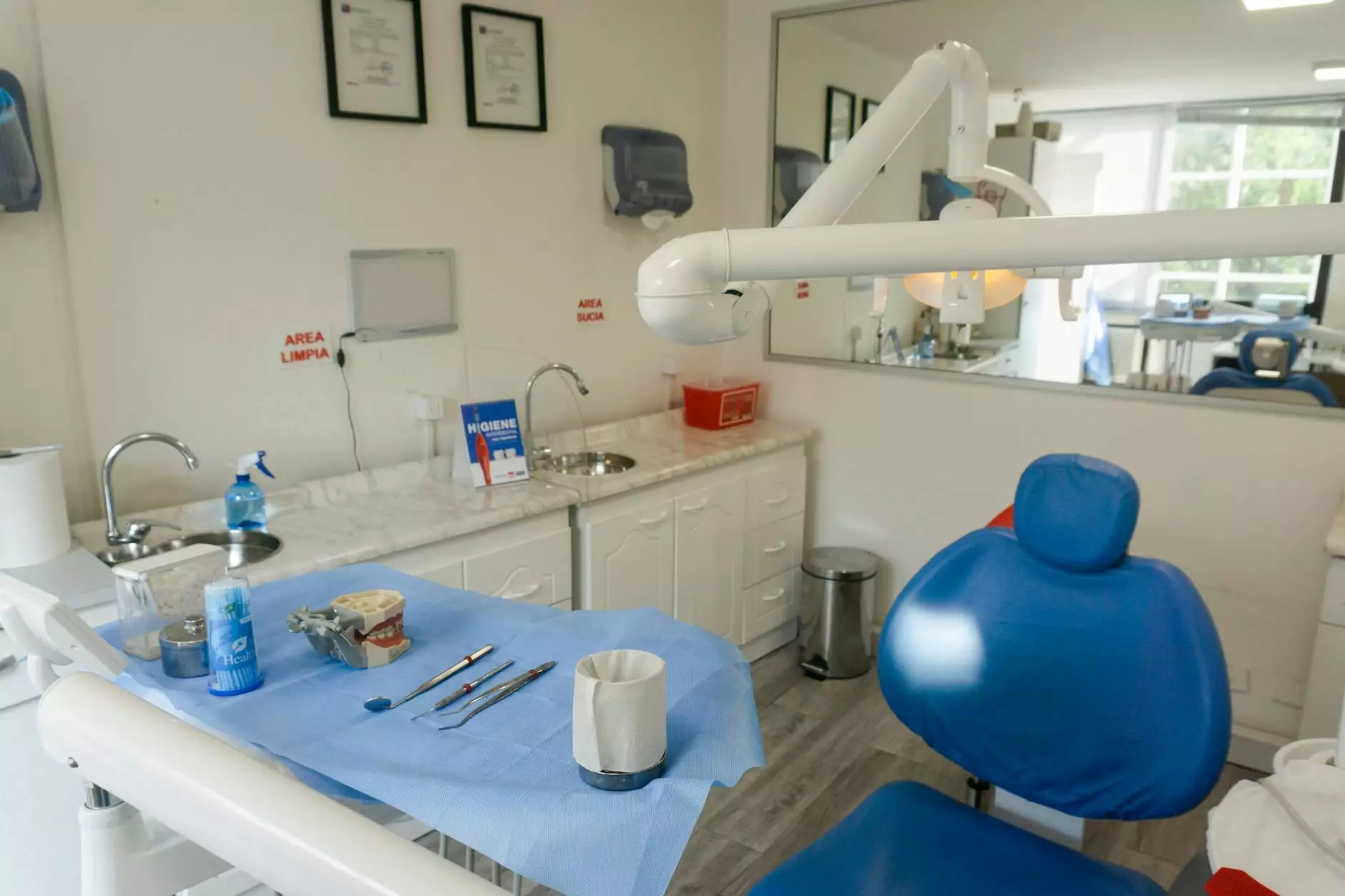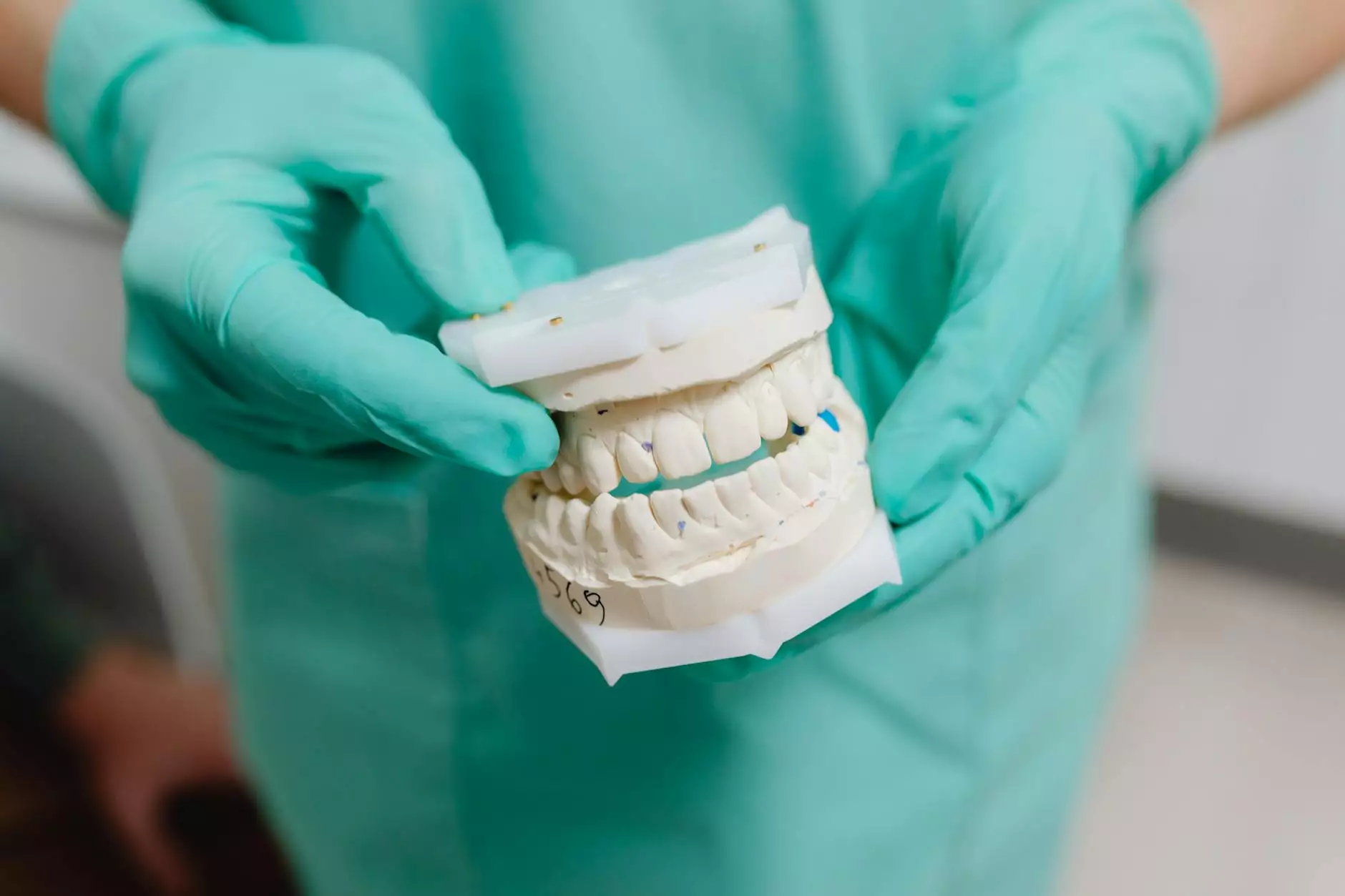5 Tips for Jaw Surgery Recovery
Blog
Are you preparing for or recovering from jaw surgery? Dante Colosimo, DDS, a leading expert in dental services and oral surgery, is here to guide you through the recovery process with these 5 invaluable tips.
1. Follow Your Surgeon's Instructions
One of the most important aspects of a successful recovery from jaw surgery is closely following your surgeon's instructions. They will provide you with a tailored plan, including recommendations for pain management, diet modifications, oral hygiene practices, and physical activity restrictions.
By adhering to their guidelines, you can minimize the risk of complications and accelerate the healing process. Remember, your surgeon is there to support you throughout the recovery journey, so don't hesitate to ask any questions or seek clarification when needed.
2. Manage Discomfort and Swelling
Pain and swelling are common after jaw surgery, but there are steps you can take to manage these discomforts effectively. Your surgeon may prescribe pain medication to help control any post-operative pain.
In addition to medication, applying ice packs intermittently to the affected area can help reduce swelling and alleviate pain. It's essential to follow the recommended schedule provided by your surgeon for icing, as excessive cold therapy or prolonged heat exposure can have adverse effects on the healing process.
3. Optimize Your Diet
Your diet plays a crucial role in your recovery and healing. During the initial stages, it is common to consume soft and liquid foods to avoid unnecessary stress on the jaw. Nutritious options like mashed potatoes, soups, smoothies, and protein shakes can provide the necessary nutrients your body needs to heal.
As the recovery progresses and your surgeon gives the green light, you can gradually reintroduce solid foods. However, it's essential to avoid chewy or hard foods that may put strain on the jaw area.
4. Maintain Excellent Oral Hygiene
Proper oral hygiene is essential during jaw surgery recovery to prevent infection and ensure optimal healing. Your surgeon will provide you with specific instructions on how to care for your oral cavity after the surgery.
This may include gentle rinsing with saltwater solution, avoiding brushing near the affected area for a specific period, and using prescribed antibacterial mouthwashes, if necessary. By following these guidelines diligently, you can keep your mouth clean and minimize the risk of complications.
5. Take Care of Your Emotional Well-being
Jaw surgery recovery can be a physically and emotionally challenging time. It's essential to prioritize your emotional well-being and practice self-care throughout the process.
Lean on your support system, whether it's family, friends, or healthcare professionals. Engaging in relaxing activities, such as mindfulness exercises or gentle walks, can also contribute to a more positive mindset during recovery.
Remember, recovery takes time, and every individual heals at their own pace. Stay patient and trust the process, and soon enough, you'll regain full functionality and return to your normal routine with a rejuvenated smile.
If you have any concerns or questions regarding your jaw surgery recovery, don't hesitate to reach out to Dante Colosimo, DDS, an experienced dental professional specializing in oral surgery and dental services.










